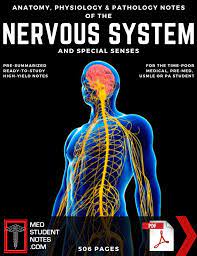An integrated study of the nervous system: Its anatomy, physiology, biochemistry and histology as well as the changes that occur in pathological states.
In THE NERVOUS SYSTEM students acquire a fundamental knowledge of the structure and function of the human nervous system and behavior in the context of caring for patients. Through active exploration of case-driven problems, students discover how the foundational sciences explain the signs and symptoms of common neurological and psychiatric problems, the processes of development, learning and memory, and the complexities of human behavior. In a similar way, they learn to perform, assess and report the results of the basic neurological exam through an evidence-based approach. Attention is given to integrating concepts and knowledge from all disciplines and domains of the biopsychosocial approach. Students will not only understand the anatomy and physiology of the central nervous system in health and disease but will also have a strong appreciation of how the brain determines what we do, why we do it, and who we are. Mastery of these concepts will enable the students to localize pathology in the central nervous system based on observed signs, to predict neurological deficits associated with pathology, to predict the impact of non-biological factors on the structure and function of the nervous system and evaluate the results of clinical research.

- Manager: Charlie Labarda
- Course creator: Adelaida Rosaldo
- Teacher: Meredith Labarda
- Teacher: Meredith Labarda
- Teacher: Filedito Tandinco